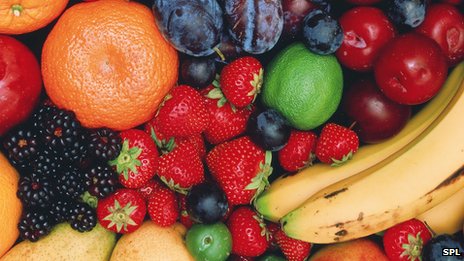People need to consume a variety of micronutrients (vitamins & minerals) & phytonutrients in order to maintain a healthy body. Potassium is among one of those significant minerals on the grounds that the body needs it to enable our organs, muscles, and cells to operate optimally. Potassium is also 1 of 3 minerals that comprise the electrolyte group of minerals (the two others are chloride and sodium). Potassium is regarded as an electrolyte given that it helps conduct electrical current when dissolved in water.
Consuming an appropriate amount of potassium within our diet permits us to capitalize on its many benefits that include controlling the supply of nutrients in our body, i.e., assimilation of nutrients into our cells, and transporting waste materials out of our cells, assisting in the proper function of the heart, playing a crucial role around healthy muscle tissue and nerve activity, lessening the potential risk of hypertension, assisting with the storage of carbohydrates used by the body as energy, and slowing calcium loss that may end up in diminished bone density.
There have also been claims that a diet regimen abundant in potassium and low in sodium can help revive the natural activity of human cells and may even result in the arrest or reversal of cancerous tumors.
Lower concentrations of potassium in our blood results in a condition called hypopotassemia, aka hypokalemia, and might cause several medical issues which include stomach cramping, queasiness and vomiting, hypertension, heightened potential for stroke, muscular stress and fatigue triggering muscle cramps.
Severe hypokalemia can result in major disturbances in the operation of skeletal muscle tissue and nerves eventually inducing respiratory depression.
The advised dose of potassium is anywhere between 4g and 5g each day. That being said, it is really quite difficult to overdose on potassium. A 150 lbs. (68 Kg) individual would have to ingest 170g of potassium in just one sitting in to reach a fatal amount. That's the same as ingesting 400 bananas (or 170 avocados, or 180 baked potatoes) in one sitting!
Potassium can be found in a large number of foods which includes everything from vegetables and fruits, to legumes, dairy, and even meat. Some common sources of potassium are salmon, bananas, tomatoes, dates, and beets. This makes it uncomplicated to acquire the recommended 5g of potassium each day if you keep a healthy and balanced diet.
Potassium fun facts: Besides being an important nutrient, potassium also has several other uses. It is used in explosives and fireworks, to make soap and glass, to develop photographs (in the form of potassium bromide), and in various medicines. Plants need potassium to thrive. Potassium deficiency in plants can leave them with turned out edges and looking gray. Potassium can be used as a substitute for table salt. Potassium chloride can replace sodium chloride if you need to reduce your intake of sodium.
About the Author:
To learn more interesting facts about potassium rich foods and other healthy eating suggestions please visits us atthe benefits of eating healthy.com




